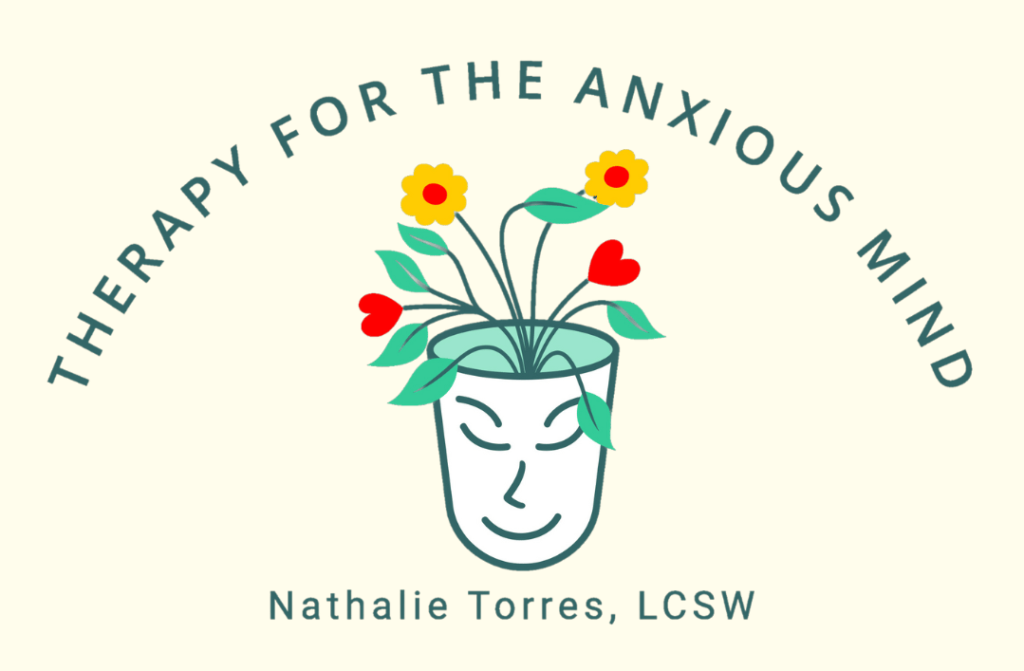Quick Self-Assessment Guide
Your 5-Second Mental Health Check
So, how can you gauge your own mental health? Start with these quick questions:
- How’s your sleep? Are you struggling to fall asleep or waking up exhausted?
- Are you avoiding things you used to enjoy? Canceling plans or calling in sick more often?
- Do you spend a lot of time worrying? Is anxiety taking up a ton of mental space?
- Are you noticing physical symptoms? Things like headaches, stomachaches, or muscle tension?
- How are your relationships? Are you withdrawing from friends and family?
If you answered yes to any of these, it might be time to dig a little deeper.
Reliable Resources at Your Fingertips
There are some great free resources out there for self-assessment. One of my favorites is the GAD-7. It’s a short questionnaire that helps you gauge your anxiety levels.
But remember, these tools are just a starting point. They can give you a sense of where you’re at, but they’re not a diagnosis. That’s where the pros come in.
Next Steps
Know the Signs
When is it time to seek professional help? If your anxiety is interfering with your daily life, it’s a clear sign. Maybe you’re avoiding social situations, struggling at work or school, or feeling overwhelmed by constant worries. These are all indicators that it’s time to reach out.
It’s also important to consider cultural factors. In some communities, there’s still a stigma around mental health. You might feel pressure to “tough it out” or worry about being judged. But here’s the truth: seeking help is a sign of strength, not weakness. It takes courage to advocate for your own well-being.
If you’re not sure where to start, don’t worry. Many therapists offer free consultations to help you find the right fit. And if cost is a concern, there are options. Check with your insurance provider or look for clinics with sliding scale fees. Remember, you deserve support.
Taking Control of Your Mental Health
Ready to take the next step? Here are some action items to get you started:
- If you’re in crisis, don’t wait. Call the National Suicide Prevention Lifeline at 1-800-273-8255 or text HOME to 741741 for 24/7 support. You can also dial 911 or go to your local emergency room.
- Schedule a consultation with a therapist who specializes in anxiety.
Remember, you don’t have to do this alone. With the right tools and support, you can take control of your mental health and start living the life you deserve.
Trust your gut: if you’re feeling off, it’s worth a conversation. Don’t let self-doubt silence you.
Social media can make you feel seen, but it’s not a replacement for therapy. Self-awareness is powerful, but it can’t replace professional support.
When it comes down to it, self-assessment is just the beginning. It’s a powerful tool for understanding your own mental health, but it’s not the whole picture. That’s where the professionals come in.
A therapist can help you dig deeper, unpack your experiences, and develop a personalized plan for managing your anxiety. They can provide the guidance you need to not just survive, but thrive.
So, if you’re struggling with anxiety, don’t let social media be your only resource. Take that first step and reach out for help. Your mental health is worth it.





